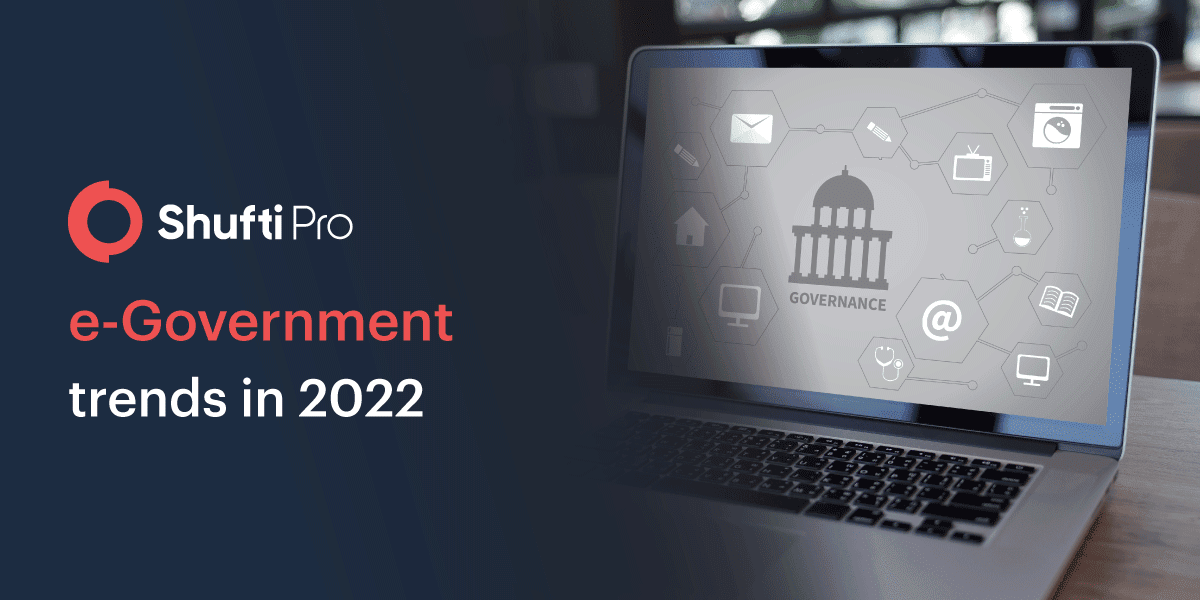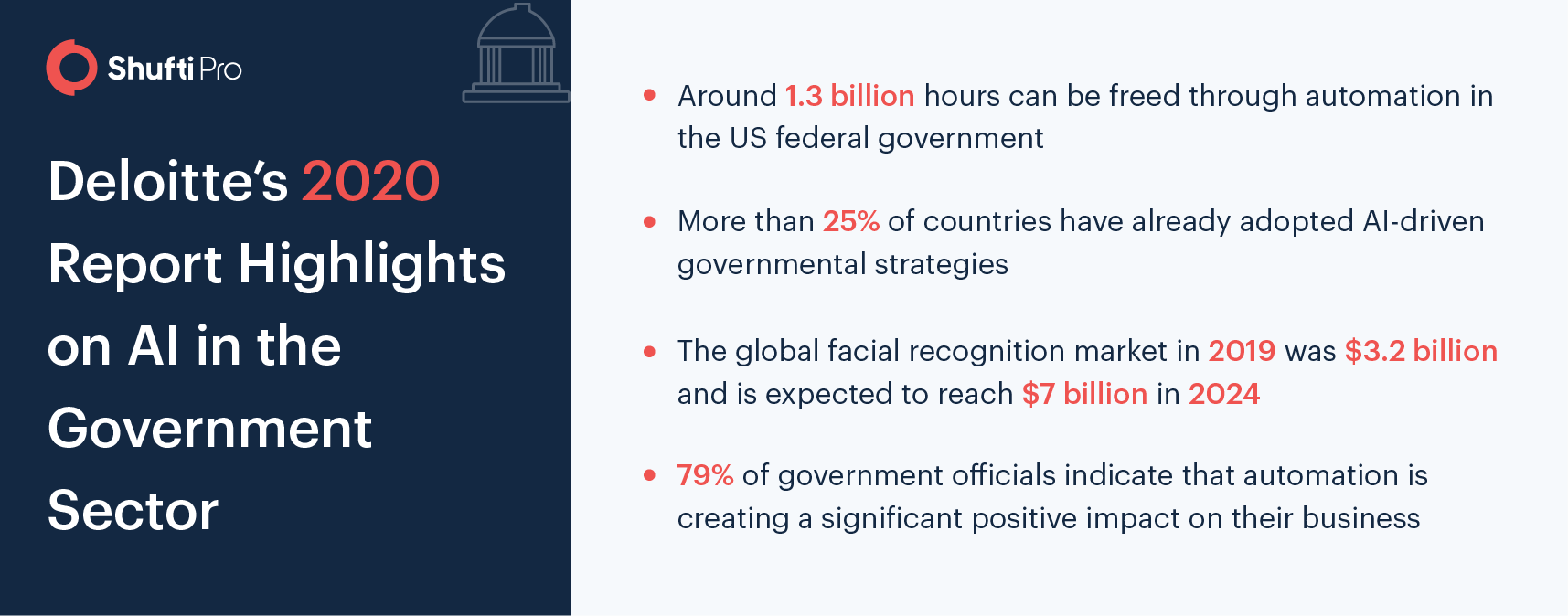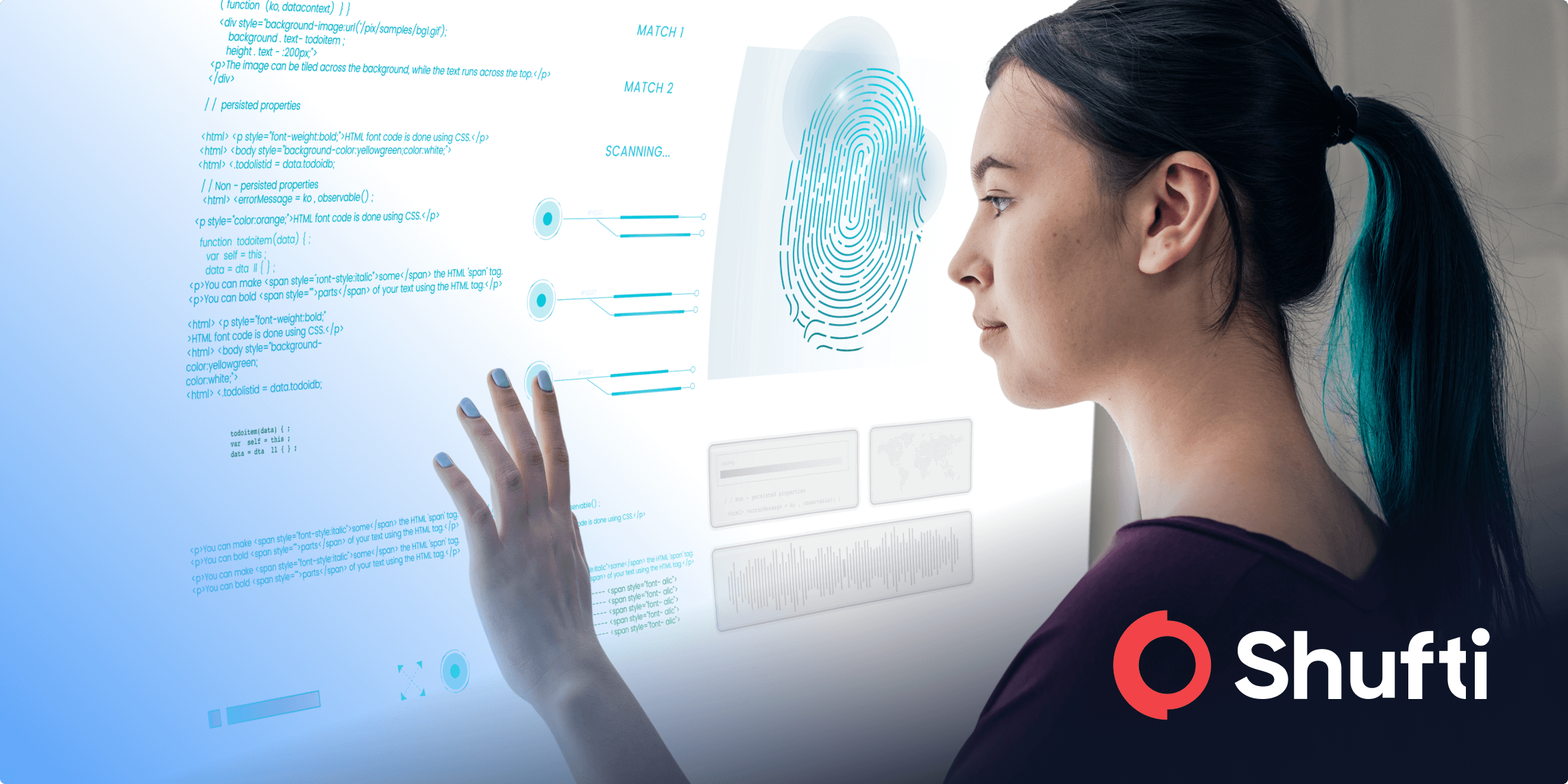Top 5 Trends for the Government Sector in 2022

With the emergence of the new variant of COVID-19 “Omicron” in South Africa, it is possible that the world may face another lockdown. The World Health Organisation (WHO) has issued guidance for countries to strictly follow SOPs to avoid massive disruption. In the pre-COVID era, government organizations had been using traditional methods to renew resident cards, passports and issue visas. Airports were always filled with people stuck in long queues to enter the country. But during the pandemic, all traditional methods proved to be inefficient when following the SOPs was a life and death situation.
When the travel ban was lifted, individuals continued to face inconvenience for visa renewal, updating passports, or vote for a government official. Due to lack of digital solutions in the internal systems, governments underwent such troublesome situations. Therefore, with or without the discovery of the new variant, avoiding the above-mentioned situation is crucial in maintaining the world order.
Digitizing Government Services
Having a fast and efficient government operation is an overarching goal that can present a multi-prong effect in the coming future. Unfortunately, many government organizations to date do not have digital tools to verify their citizens instantly, which causes great stress not just for travelers but also for officials. 2021 was no small endeavor to make the government sector efficient enough to fulfill the needs of the post-pandemic era. Nevertheless, only a handful of countries were able to authenticate their citizens through a contactless digital verification tool.
In addition, travelers have to get their vaccine passports verified as a result of the new travel restrictions post-covid. However, lack of automated solutions results in delayed verification and bad customer experience. Although some states have introduced vaccine passport verification systems, several states have yet to implement an AI-backed Covid certificate verification solution for effortless validation of vaccine certificates, highly accurate results in less than a second.
AI-driven Facial Recognition
E-voting
Almost all countries around the world have faced electoral fraud at the time of elections. Mail-in ballots are highly ineffective and having a fair election system is the right of every citizen in a democratic country. The pandemic made it fairly difficult to vote while being physically present and the rising challenges due to the emergence of new variants make it equally important to go for e-voting systems. Verifying individuals through facial recognition and then allowing them to cast a vote would result in a fairer voting system. Face recognition can aid in mitigating electoral fraud by casting a vote from the comfort of the citizen’s home.
Airports
AI-backed facial recognition on airports can ensure contactless verification of individuals. Employing an AI powered facial recognition system is beneficial for governments in multiple aspects such as providing high speed and accurate facial verification results.
Enhanced Government Services
Without proper check and balance, government organizations are prone to having ghost workers. Multiple ghost workers are discovered when performing an audit, which means millions of dollars are lost to related frauds. An estimated USD 1 billion was saved in Nigeria when 62,000 ghost workers were removed through digital identity verification services. Facial recognition can help governments avoid such situations when hiring a new government employee and bulk screening existing ones.

There are some additional benefits of facial recognition in the government sector, such as:
- AI-driven face recognition CCTV cameras may help catch criminals when installed on streets and perform verification against most-wanted lists.
- Facial recognition for speedy drivers helps in identifying them to issue speeding tickets even if a vehicle was rented.
NFC verification
Government offices that issue visas, renew passports, and residency cards faced severe backlash when people had to wait for hours to acquire essential governmental services. Even though many countries automatically extended visas during the pandemic, some countries were unable due to lack of digital data.
Worldwide pandemic situations have proved that passports and identity cards must be updated and verified through contactless services. There are more than 150 countries that have NFC-enabled passports and identity cards. Individuals that cannot travel to their home countries or hold dual nationality must be able to verify their documents and update the government systems without being physically present. NFC verification can provide numerous benefits such as:
- NFC-enabled verification booths on airports aid in extracting the credentials of the individual with just a tap. Contactless NFC is important to avoid the spread of the virus.
- Individuals wanting to renew their passports or ID cards through government applications that use NFC can verify themselves without being physically present.
Combating Cybersecurity Threat Through 2FA
Overcoming the threats of cybersecurity is a multiprong effort, especially after the explosive rise in cybercrimes during the Covid lockdown. Cybersecurity in 2022’s digital environment is crucial in government organizations. Government sectors had to adopt digital tools for remote work rapidly and to offer digital services. But many countries faced data breaches, ransomware attacks, and nationwide cyber thefts, which could have been avoided. Many governments are still struggling to overcome the threats, but the message for 2022 remains uphill; cybersecurity is an imperative adoption.
Combating the cyber threats has never been this easy such as opting for two-factor authentication. Breach of government applications, login credentials, and other cyber threats can be easily avoided through 2FA.
5G services
For the government sector, having to share large data sets easily and quickly has been a challenge for several decades. 2022 is going to be the year that may mean making 5G mainstream in the government. 5G is potentially going to transform how governments operate by providing quick and easy sharing of information. 5G will make it possible for organizations to share data wirelessly keeping speed and reliability in view. This makes the government processes faster, efficient, and more effective.
How Can Shufti Help?
No doubt, AI-powered facial recognition, two-factor authentication and NFC-based identity verification can streamline the relationship between the government and the private sector in areas like corporate, taxes, permits, and economic support. By enabling digital interaction, the technology can support regulatory compliance efforts as well as provide fraud-free paths for customer identification.
Shufti’s state-of-the-art NFC-based identity verification solution can back governments around the globe while rendering 98.67% accurate results in less than a second.
To know more about our services, get in touch with experts.











